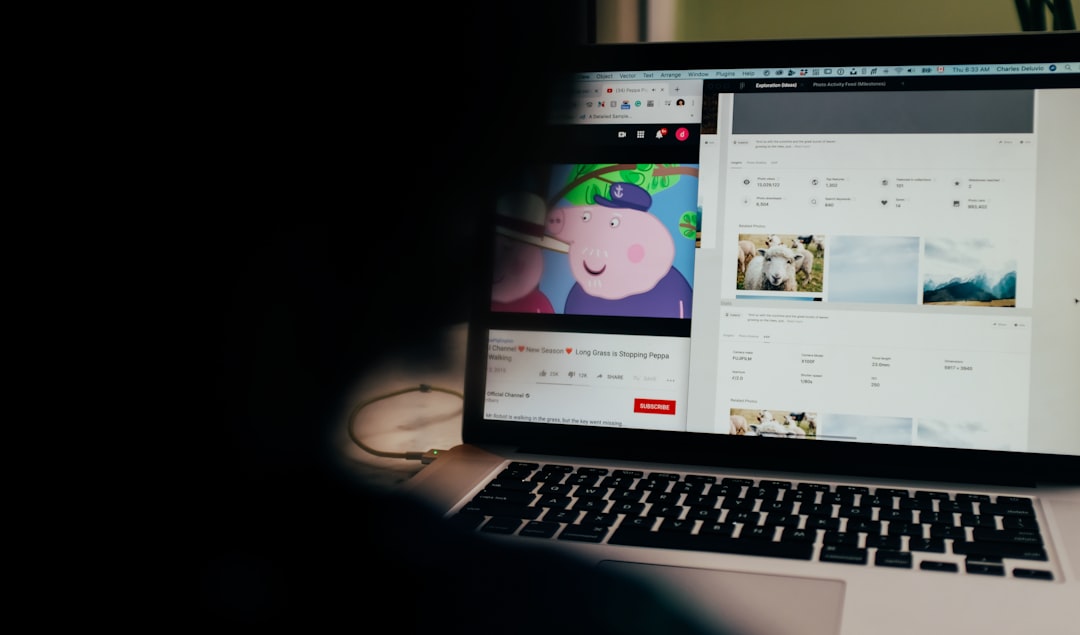Parenting and the Digital Liturgies
I’ve had the opportunity to speak to a few different groups of people now about some of the ideas in my forthcoming book. Two things stand out to me so far. First, the idea that the digital age is having a serious spiritual effect on us is resonating with a lot of Christians. The problem is not awareness; what most people lack is the language to name wh…



